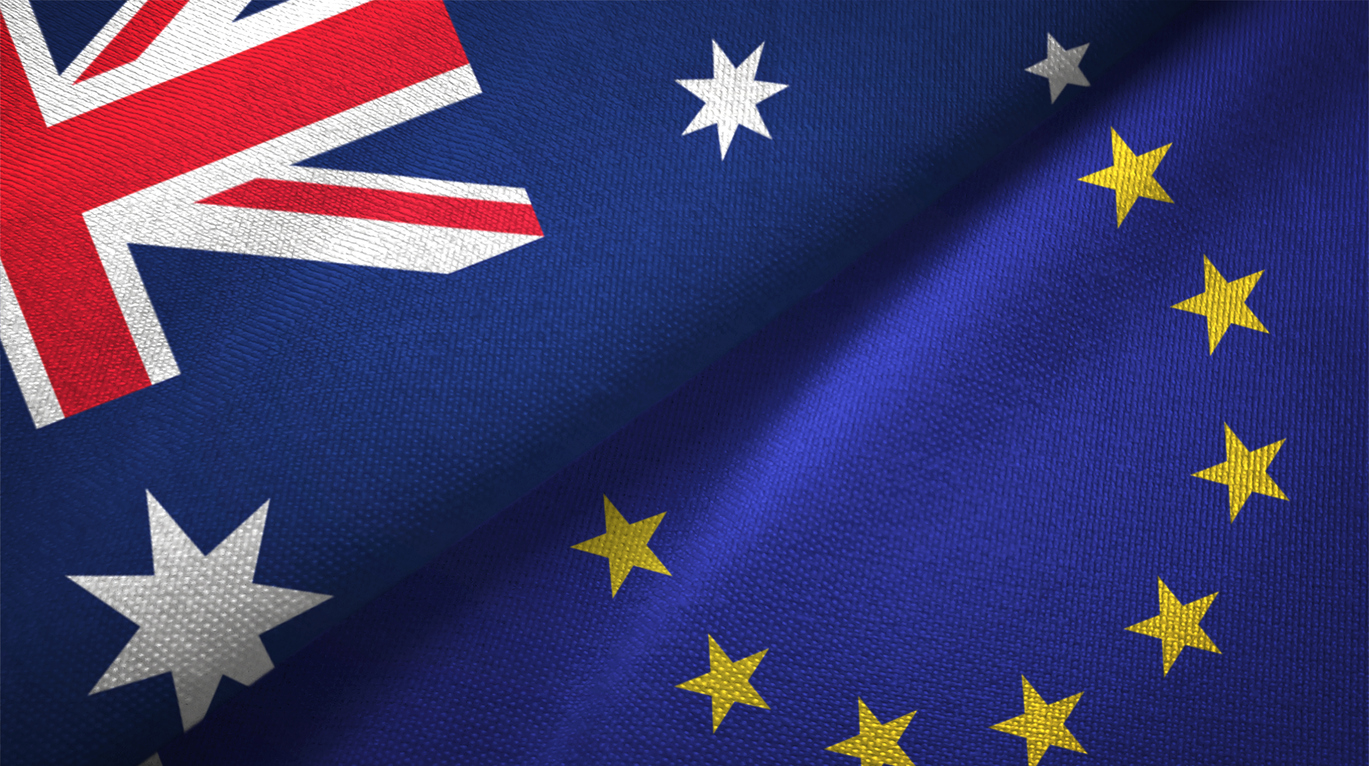Simplified access to Australia’s raw materials sector not in sight for the time being.
Since 2018, Australia and the European Union have been negotiating a free trade agreement that could, among other things, ensure that European companies can invest more easily in the mining sector of the country rich in mineral resources. In return, Australia could gain a huge sales market for its agricultural products. Progress had been hoped for at the G7 meeting in Osaka, Japan, but there is no good news. EU Commission Vice President Valdis Dombrovskis, who is responsible for foreign trade in the association of states, sees the blame for the lack of agreement in the challenging negotiating position in the agricultural sector, Spiegel quotes him as saying. The Australian Minister of Agriculture, Murray Watt, attests to only slight concessions on the part of the European sides, Reuters reports. He does not expect a return to the negotiating table before 2025.
An article in the Australian Financial Review suggests that more than import quotas for Australian sugar or geographical indications must be agreed upon beforehand. The business newspaper quotes a high-ranking source: “The European Union is out of touch with reality on critical minerals and rare earth metals. – In other words, the EU has lost touch with reality on critical minerals and rare earth metals. With the failure of the talks, plans to become less dependent on China for Australian resources could be threatened, the Financial Review added. Trade Minister Don Farrell, however, who said he had traveled to Japan to finalize the agreement, sought conciliatory words and expressed confidence that “one day I will sign an agreement” that benefits all sides involved.
Photo: iStock/Oleksii Liskonih


